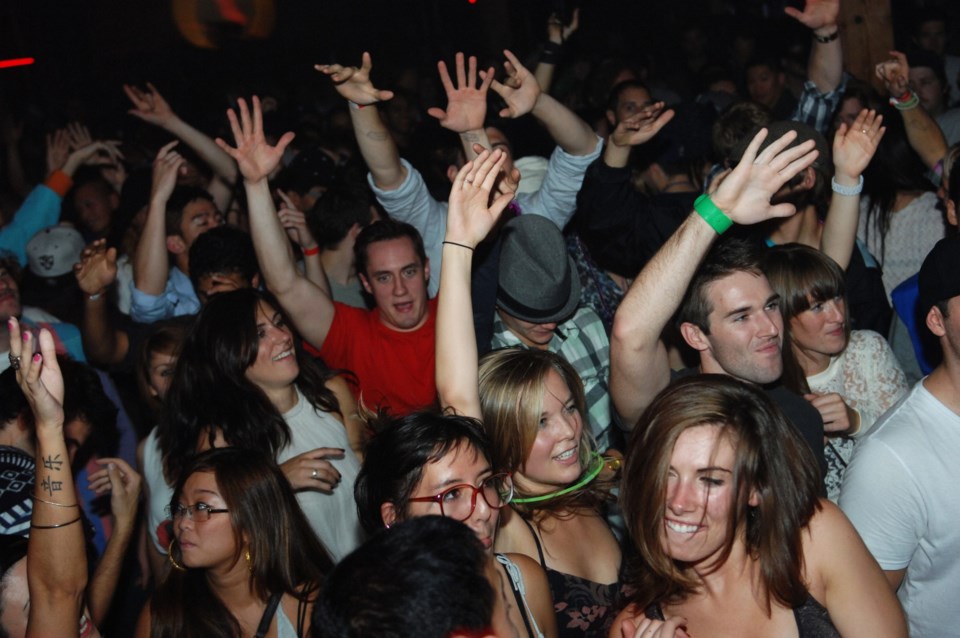On September 8, nightclubs and banquet halls - which had temporarily been allowed to re-open – were ordered to close indefinitely to help prevent the spread of COVID-19.
Sale of alcohol now has to stop at 10:00pm and venues must close at 11:00pm, unless serving food without alcohol. There are also new regulations about music and background sound from televisions; volume must be no louder than a normal conversation, to help avoid people speaking loudly (and potentially further spreading their germs).
To help contain COVID-19, the closures and restrictions make sense. After all, it’s tough to maintain social distance at a strip club or after a few drinks at a large wedding. But for event planners, venues, and staff, it’s devastating.
For pubs and clubs, the majority of their sales often happen after 10:00pm. And with sizable leases - often due to prime locations in central spots - it’s untenable to stay in business. While they might not be fodder for political photo-ops, nightlife is a significant contributor in the economy and cultural vibrancy of a city.
What happens to the streets when everything shuts down at 11? What happens when a bored, frustrated, and shut-in community has nowhere to go at night?
We’ll likely see more night spots permanently shutting down. That will permanently change our cities, and make them less appealing to young people.
Obviously, academic education and the social benefits of school should be priorities over nightclubs, but restrictions like this only go on for long without underground, unregulated equivalents springing up. With kids back in school, mixing with up to 120 kids, teachers, and support staff in their learning cohorts, young adults working or studying from home, alone, all day, may well ask why they aren’t allowed to go out at night and blow off some steam.
Home parties and secret gatherings are much harder to police and enforce regulations. A lockdown of a few weeks is manageable, but heading into the cold and rainy season, we all need something to look forward to, young people included.
Nightlife may not be as politically palatable as other industries, but that doesn’t mean the industry deserves no support. Without a target date to reopen, we’ll likely see more night spots permanently shutting down. That will devastate still more business owners who have scraped and sacrificed to make an already tough business work – but also, will permanently change our cities, and make them less appealing to young people.
It’s understandable that everything must be day-by-day, and health officials can’t responsibly commit to a re-opening date. That said, the industry needs more support than they’re currently getting. And when it comes to our overall wellbeing and mental health, we shouldn’t understate the value of fun.
Ada Slivinski is the Founder & Principal of Jam PR, a boutique agency focused on helping small businesses get big exposure. You can reach her at [email protected]
SWIM ON:
- What's the biggest single barrier to first getting into the real estate market? The down payment. Ada Slivinski looked at a new idea that might help.
- Restaurants have been particularly hit hard by the pandemic - and yet, governments have mostly been silent. Sylvain Charlebois takes note of an idea and program already making a difference in New Brunswick that warrants closer attention.
- The federal government recently amended the Patent Act - which Kristina Acri says might have some unintended negative effects on efforts to develop a COVID-19 vaccine.



